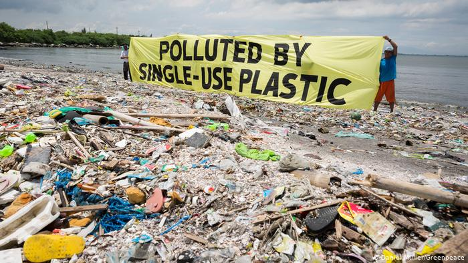As most of us are aware by now, plastic waste has become a significant environmental problem. With the exponential increase in the production and usage of plastic products worldwide, the disposal of plastic waste has become a challenge for the global community. The non-biodegradable nature of plastic waste makes it a persistent and long-lasting pollutant that poses a threat to the natural world and human health.
From its creation to end of life, plastic waste is an environmental inconvenience. Our natural world is disrupted to allow the extraction of crude oil – a key component in plastic fabrication, by way of deforestation to mine for oil, to end of life meaning not being recycled. Plastic waste is created when plastics are discarded or improperly disposed of. This waste takes on different forms, including single-use plastics, such as straws, bags, cutlery and larger items like containers, electronics and packaging.
According to a report by the United Nations, more than 8 million tons of plastic waste end up in the oceans each year, causing immense harm to marine life and ecosystems. Plastic waste can release harmful chemicals as it breaks down, which can contaminate our food chain and water sources, leading to health problems and diseases.
All is not lost. To combat this overflow of plastic waste various measures must be taken. By reducing the uses of single-use plastics, individuals can significantly reduce the amount of plastic waste that ends up in landfills and oceans. In addition to individual efforts, government and private sectors can also contribute to plastic reduction by adopting sustainable practices in the workplace. By adopting sustainable practices and investing in biodegradable alternatives, we can successfully reduce the impact of plastic waste on the environment and protect our natural environment.



